Key recruitment trends in 2022
Posted December 16, 2021 Kim Wouters
Key recruitment trends in 2022
The job market has gone through transformative change over the last two years. In early 2020, large numbers of us were made redundant or stood down, and company recruitment programs halted.
Two years later, we're moving into a period of the 'new normal'. High vaccination rates and (hopefully) an end to lengthy lockdowns have given businesses confidence to continue with their growth plans. And to support this, companies are looking to increase headcount or rebuild teams that were previously disbanded.
But finding and retaining talent has never been harder. Dubbed 'The Great Resignation', large numbers of employees are re-evaluating their priorities and work-life in this new world. So much that Microsoft has estimated over 40% of the global workforce plan to change jobs over the next year.
In a period of high employee mobility combined with intense competition for talent, we explore the key trends that'll impact the way we recruit in 2022.
Remote and hybrid work are here to stay, indefinitely.
The pandemic has forced many to work remotely. In some states, we've been doing this for almost the entirety of the pandemic. This has not only opened people's eyes to the benefits of removing or reducing the daily commute, but also the flexibility it provides to weave work-life around home-life.
Companies are also seeing the benefits. Pre-Covid, companies didn't trust their employees could perform at the same level as they would in an office environment. However, what the last two years has shown us, employees are just as productive, if not more, working remotely.
Plus, many businesses are now seeing the potential to reduce costly overheads by downsizing office space or removing it completely. If your workforce is happier and more productive working at home for part or all the time, then why pay for a large office space that's not being used.
This is paragraph text. Click it or hit the Manage Text button to change the font, color, size, format, and more. To set up site-wide paragraph and title styles, go to Site Theme.
As Melissa Occhipinti, Paxus Executive General Manager explains, "Hybrid working models and flexibility are no longer a nice benefit to offer candidates. It's an expectation. If you haven't embraced the new ways of working, attracting great talent will be extremely difficult."
It's not just remote working that's now standard, but remote hiring and onboarding will also become the norm.
Repeated lockdowns throughout the country meant businesses had no choice but to go through the entire interview and onboarding process online.
Thankfully, video conferencing tools like Microsoft Teams and Zoom were a saviour to HR and hiring managers. Even if you couldn't psychically be in the same room as the interviewee, video conference made it possible to virtually 'meet' candidates and still pick up on non-verbal cues.
In 2022, despite many of us transitioning back to the physical office, this key recruitment trend will likely stay in some form. The last two years have taught us that remote hiring can be a successful tool in the recruitment process. It can improve its efficiency by making it easier to schedule and attend interviews. It also makes it more inclusive by allowing those who were unable to attend physical interviews the opportunity to attend online ones instead.
In relation to onboarding, it was commonly preferred to onboard someone in-person - even for remote roles. However, a lesson we've learned is that it doesn't have to be. Now it's no longer a problem to receive equipment directly. Virtual training has either been established or improved. And regular support from peers and managers is expected.
In such a competitive market, the speed to source and secure talent will be non-negotiable.
“Speed to hire will be a key differentiator. With the continued demand combined with a shortage of digital and tech talent predicted into 2022, candidates aren’t on the market for very long. They’re often attracting multiple offers within a very short timeframe. Ensuring you have the preapprovals to hire, pre-booked time in your diary to conduct interviews, and are ready to extend an offer when you identify top talent, will all contribute to your hiring success”, says Melissa Occhipinti.
In addition to this, technology will play a fundamental role to speed up the hiring process. Organisations will play closer attention to try and automate every step possible with an Applicant Tracking System. We'll also see an increased use of virtual assessments, including AI video-based screenings, as well as text bots to encourage applicants through each stage of the recruitment process.
We'll need to get more creative in sourcing talent.
Relying on traditional recruitment channels is unlikely to give you the same success it once did in 2022. Instead, we predict that another key recruitment trend for next year is we'll see more creative and open in the way we find candidates.
“With so many companies currently going through digital transformations projects, there’s an increasing need for people to support these. Closed borders and skill-shortages have shrunk the talent pool even further, which is leading to rates going up as companies compete for resources. In 2022, companies must look at innovative ways of finding people. Whether that’s retaining the existing workforce, looking at roles that have synergies, taking a chance on an entry-level resource, or promoting from within,” explains Rob Hart, Paxus WA State Manager.
Your Employee Value Proposition (EVP) and employer brand are no longer 'nice-to-haves'.
The job market is becoming increasingly fluid and competitive. There's no denying large salaries attract candidates. However, for many of us, the last two years have shown there are more important things in life than just money.
Employees no longer see work as a means to an end. Rather, it's a part of life to enjoy and get value from. We predict this desire will only increase as many people leave their current jobs from pandemic burnout.
"Companies will be competing for the same technical talent, and it'll be difficult for growing businesses to match salary offers of large-scale enterprises. Therefore, employer brand, EVP, and refining people strategies will be vital to attract 'A-Grade' talent," advises Darren Frlan, Paxus VIC State Manager.
Companies will be expected to support social and ethical causes.
In addition to a company's culture, people are attracted to businesses that also support the social causes they care about.
"I see next year as the continuation of people's drive to join organisations that demonstrate a clear purpose and provide great working environments. Throughout the pandemic, people have re-evaluated priorities and we're seeing a shift in people's desires to support ethical and sustainable practices," explains Matt Partington, Paxus NSW State Manager.
Over the last few years, we've seen various social movements gaining increasing ground throughout the world. With increased awareness, people are choosing to work for employers that have the same ideals as them. For instance, Patagonia's strong stance on environmentalism no doubt attracts those who support the climate movement. In this competitive landscape, where a business stands on social issues could also make a difference to the success of its talent acquisition and retention program.
We'll also see the recruitment process speed up to ensure top talent is secured as quickly as possible. Plus, many companies will need to look inward to evaluate if their EVP and employer brand is up to scratch, and if their corporate social responsibility program resonates with not only their customers, but their current and potential employees as well.










